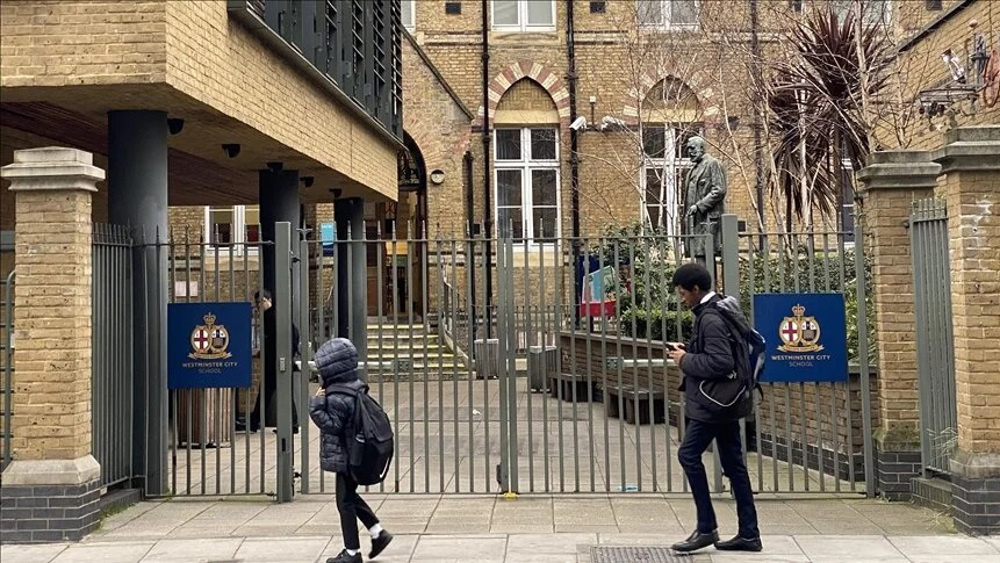100 British tenants a day lose homes: Study
A record number of British renters are facing eviction from their homes, a new analysis of the country’s housing crisis shows.
More than 100 tenants are losing their homes a day, with analysts blaming the spiraling costs of renting a property and a long-running freeze to housing benefit for the rising number of evictions, The Guardian reports.
According to a study by the Cambridge Center for Housing and Planning Research for the Joseph Rowntree Foundation (JRF), over 40,000 tenants in England were evicted in 2015, an increase of a third since 2003 and the highest level recorded.
High numbers of “no-fault” evictions by private landlords are driving the increase in rents and over 80% of the extra evictions occurred under a Section 21 notice, which gives a tenant two months to leave.
There is no need for the landlord to give a reason or any wrongdoing on the part of the tenant.
The research raises concerns that even those people in work are also struggling to pay their rents as they have become unaffordable due to changes in welfare benefits.
The cost of renting was no longer covered by housing benefit in some cases, with average shortfalls ranging from £22 to £70 a month outside of London, and between £124 and £1,036 in inner London.
There has been no increase in housing benefit in line with private rents since 2010, and a current freeze means the rates paid will not go up until 2020.

“The stark figures and harrowing stories show the struggle people on low incomes face in the private rented sector,” Campbell Robb, chief executive of JRF, told The Guardian.
“With higher rents, a benefits freeze and impossible choices about what bills to pay, evictions have reached record levels and put families under enormous strain,” he said.
In a series of interviews, one renter said that the £50 shortfall he had suffered was “almost a week’s money in itself.”
“And then you’ve got the other bills…I just couldn’t make it work. I had to choose, what do I pay this month – do I pay the rent? Do I pay the electricity? Do I buy some food? And it just snowballed.”
A single mother said, “I paid it as much as I could, but my youngest child has been quite sickly … If my kids are sick, I don’t get paid.”
The problem is more serious in London and the south-east with four out of every five repossessions using Section 21 orders being in London, the east of England and the south-east.
Israeli airstrike kills at least 7 people in Rafah
VIDEO | Iranians hold nationwide demos in support of IRGC
Syria condemns US veto of Palestine UN membership resolution
Iraqi resistance forces hit Israeli Ovda air base
Hackers break into Israeli military’s computers, access trove of documents
Tulkarm Brigade commander killed by Israeli forces in raid on refugee camp
Zionist media desperately trying to turn Israeli defeat into victory: Iran
VIDEO | Press TV's news headlines















 This makes it easy to access the Press TV website
This makes it easy to access the Press TV website